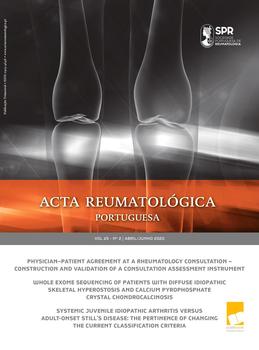Sporadic inclusion body myositis: a rare hazardous entity with important imaging findings
Authors
Ana Catarina Vieira; Alberto Vieira;
Inclusion body myositis is a rare acquired muscle disease that predominantly affects individuals older than 45 years of age and that has been classified as an idiopathic inflammatory myopathy. However, it has a distinct course being characterized by a slowly progressive weakness and resistance to immunosuppressive therapy.
This diagnosis is usually based on a typical clinical presentation, elevated serum skeletal muscle enzymes, electromyographic findings and muscle biopsy.
Magnetic Resonance Imaging (MRI) can aid in the diagnosis by directing muscle biopsy sites through accurate localization of muscle involvement, which avoids the high false-negative rate of blind muscle biopsies.
MRI can also depict the nature and extent of muscle abnormalities with high signal intensity seen in the active phase and refractory treated patients on fluid-sensitive images.
Recently, there has been important progress in the understanding of IBM. These advances may lead to improved diagnosis and the discovery of effective drug treatments for this debilitating entity with usually poor prognosis and high levels of disability.
Ana Catarina Vieira
Alberto Vieira
Centro Hospitalar e Universitário de São João
Alberto Vieira
Centro Hospitalar e Universitário de São João





